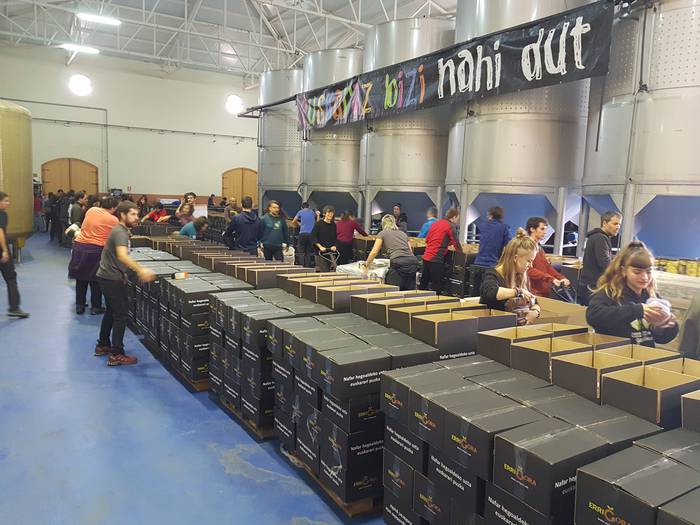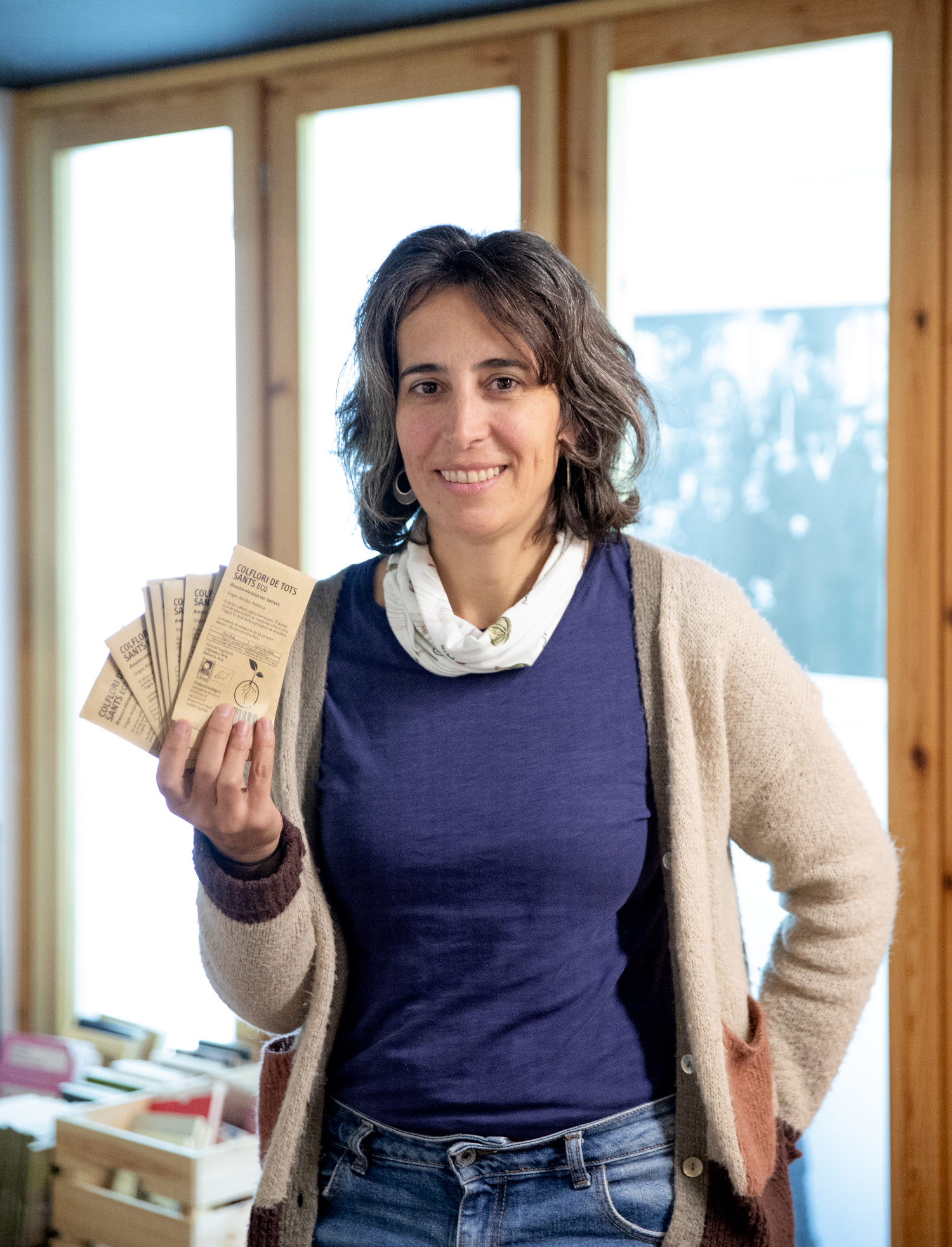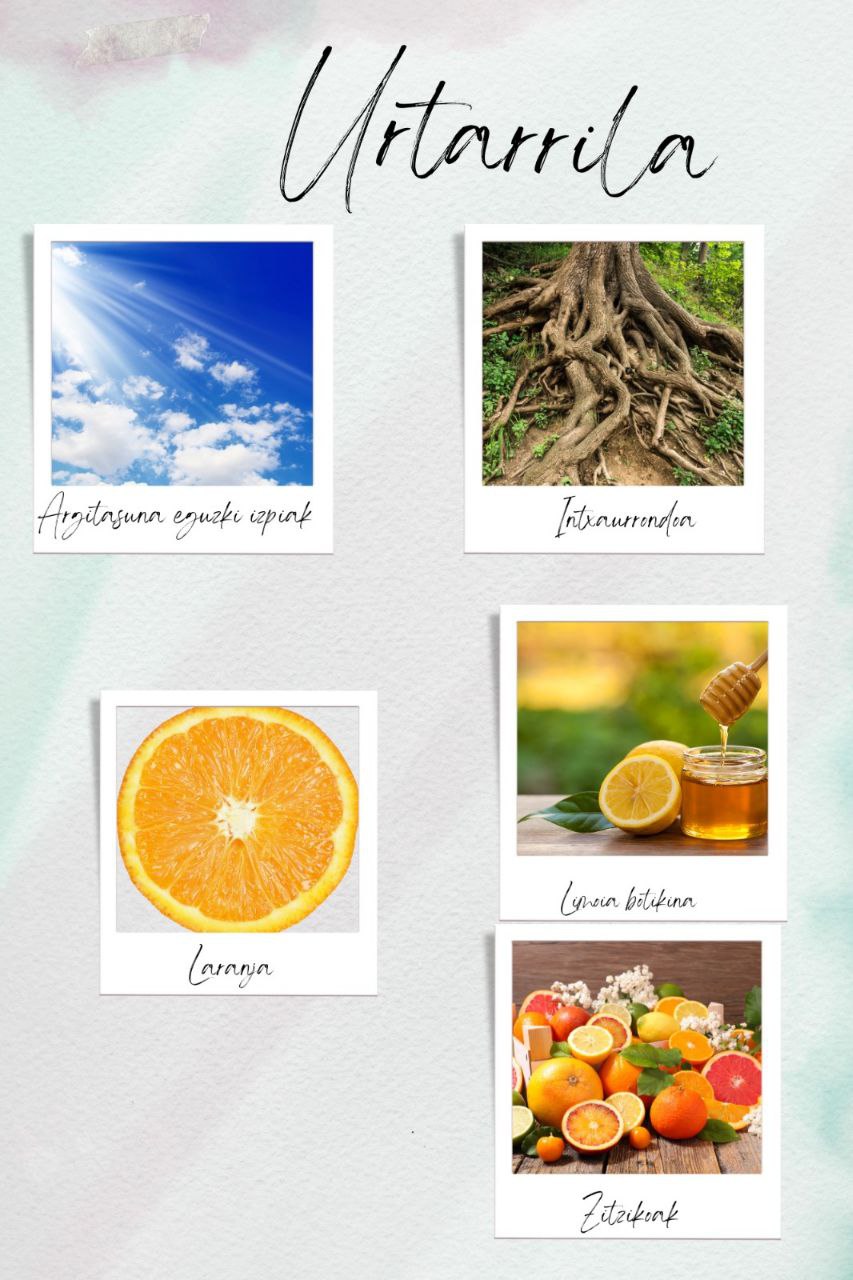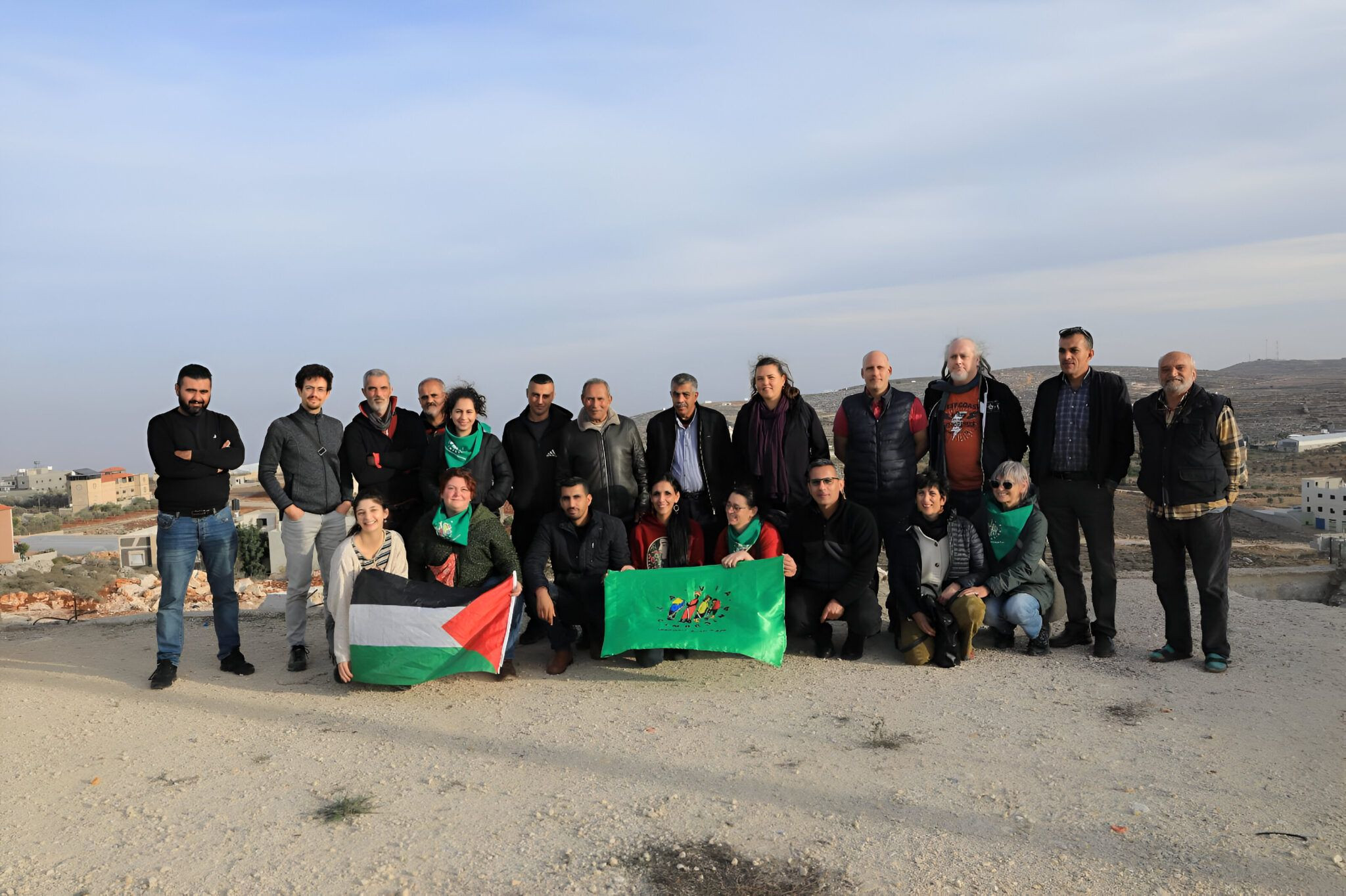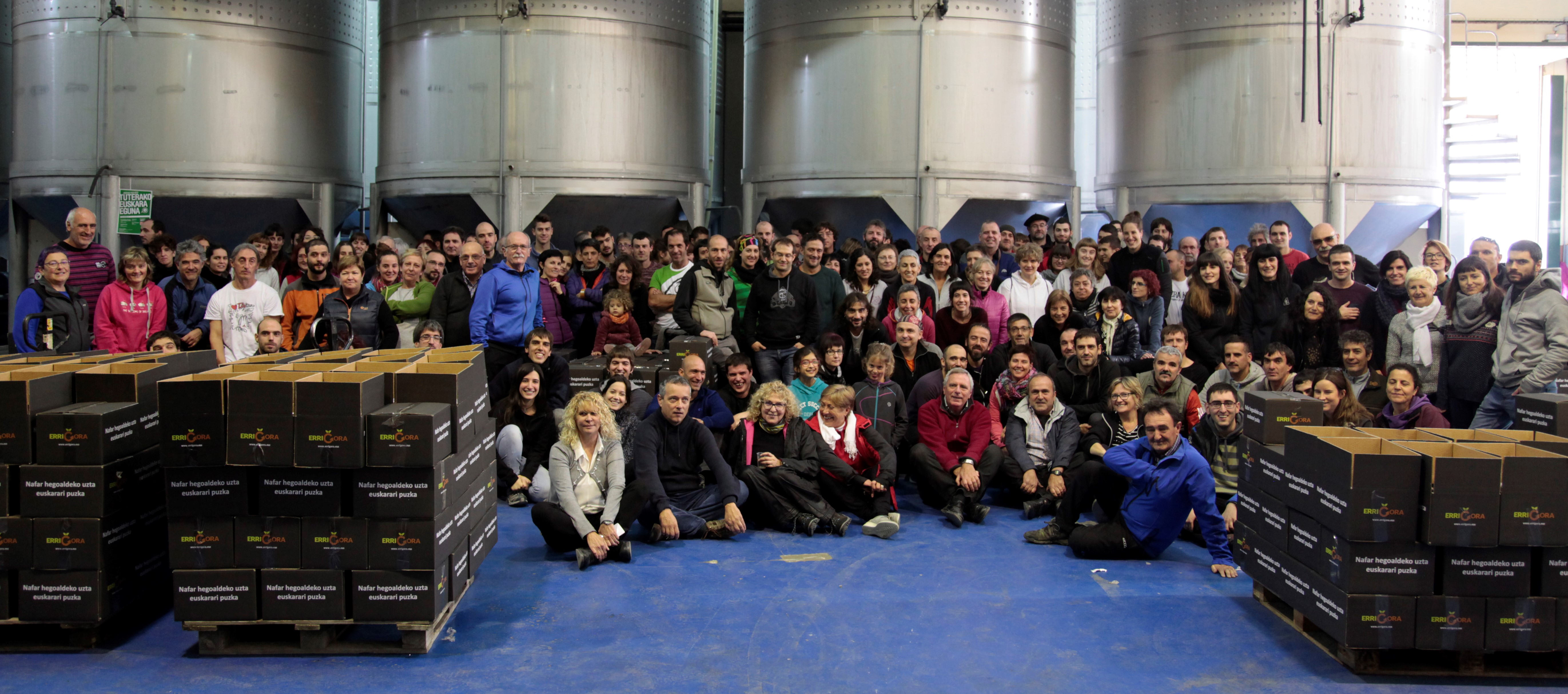Fish growing in the middle of the desert
- Data indicate that by 2030 half of the world’s population will suffer from water shortages. On the shores dominated by food shortages, fish and vegetables have been cultivated through an innovative system. With little water and no land.
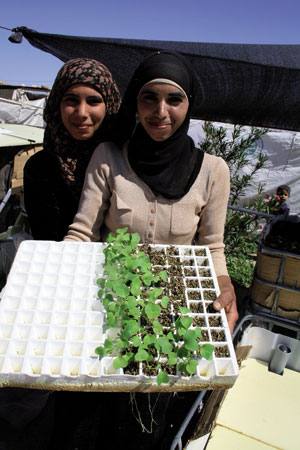
The Bedouins of the Jordanian desert of Wadi Rum receive free water. This was decided two decades ago by King Abdullah II. What do you do with water? There is still little talk of water scarcity in Jordan. Let us not forget the government. However, the inhabitants of the area know that it is becoming a serious problem. What about the Bedouins? However, a Bedullar community decides to prevent the shortage of Wadi Rum. Aquaponics has become a permanent technique of food, its daily work and its illusion.
But what exactly is the aquaponics system? In fact, it is a discipline that links aquaculture (aquatic animal husbandry) with hydroponics (irrigated cultivation). The process seems simple to see. In a tank filled with water enter the fish and through a tube it reaches another filled with volcanic stones. Once the seeds are deposited in the stones, the water carries the manure of the fish that are used as fertilizer. In this way, you can put as many tanks as you want, filled with different seeds, each next to each other. Throughout the process, the water is cleaned and returned to the fish store. Everything is landless.
Unlike hydroponics, the aquaponics technique respects the equilibrium of the ecosystem, so bacteria are necessary to carry out the process. “That’s why we avoid pesticides and chemical fertilizers,” said marine biologist Philip Jones, an expert in the system. Fish eat for them food and insects. But the reservoir must be safe from the sun’s rays, as it generates algae and absorbs the food needed for water.
As always, we haven't invented anything new. This is what the experts in this discipline say. The inhabitants of many parts of Asia, Egyptians and Americans, have produced vegetables and fish together since they began farming.
Flowering
Aquaponics is now in its spring in a Middle East where water scarcity is evident. Quiet as restless. However, differences are observed depending on the location. Israel has already set up several villages dedicated to commercial production. In Palestine, five simpler projects have been launched. In Cairo, you can see the first systems in some buildings.
Jones began three years ago to enter the world of aquaponics, together with his co-worker Lorena Viladomat. “In Palestine we were studying fish irrigation techniques and we are facing a new discipline in the process of development.”
They learned the technique quickly and last year they were given the opportunity to start a project with the Bedouins of Jericho, subsidised by OXFAM. Six systems were developed for the six families. “Now the whole process is in your hands.” Jones believes that few know the Bedouin about the rhythm of the other desert and the changes in temperature. “They change the types of vegetables that have to be planted according to the time,” he added.
Bedullary women have played a more active role in the development of the technique, to the extent that the project is under their responsibility. “While men were working in greenhouses or Israeli dates in the Jordan Valley, women have developed the whole system,” Jones said.
Besides in the Middle East, the aquaponics technique is also present in many other parts of the world. In urban areas, for example. Jones’ success lies in the fact that no land is needed to produce vegetables: “Balconies, patios and transformed industrial areas. It offers a wide range of possibilities if you choose fish and plants that adapt to each location and climate.” The results can be seen in a couple of months.
But it's hard to save yourself from criticism. Jones complains that those who run the food industry often give a wrong picture of the new discipline. “It’s cheap, it needs little water and it’s very flexible. Depending on the objective, you can make small or large, simple or complicated systems.” Jones has been convinced that this is a pioneering project to promote a new system of production and consumption.
Wadi Rum, the first seed
Susie Shinaco has developed an aquaponics system in his nakal tourism in the Wadi Rum Valley. “We were the last to receive permission to blow up a well, but that does not give us the right to waste water,” he stressed.
Shinacorena is a unique initiative in Jordan. It started out as a personal commitment. “We have learned to live in the desert with the Bedouins living in the environment and now we are also with them in the search for alternatives to water scarcity.”
The desire to produce organic vegetables with as little water as possible made Shinaco dance in summer. “I did a little research on the Internet and I found a system that had two young people in Palestine.” The concept of aquaponics became as difficult as it was unknown at first. Jones and Viladomat were hired as advisors to build a system with the Bedouar community in the area.
Since the beginning of the project, the first vegetables have grown through volcanic rocks. And increase the fish. “Today we have eaten the first salad we left our system,” proudly said Bedouin Mahmoud. They will have to wait longer to taste the fish.
But Shinaco's intent goes further. “Why? Because Aquaponicsa has opened a new world to us.” First he puts the vegetables on the table and confesses that he wants to create a farmhouse with the Bedouins. "We don't want a trade system. The goal is to make our community as self-sufficient as possible.” But at the moment there is no donor who believes in the project. The Jordanian Government has been the first to give up aid, and the second to do so.
On the contrary, despair has no place in this corner of Wadi Rumgo: “The technology to improve things in the face of water scarcity is in our hands. Agriculture has to follow that path,” Shinaco believes. Firmness has no expiration.
Bizkaigane elkarteak elikadura burujabetzan oinarritutako proiektua du Errigoitin (Bizkaia), 1983tik. Instalazioak dauden lur eremutik aterarazi nahi du lur jabeak elkartea. EHNE Bizkaia sindikatuak adierazi duenez, instalazioek lege eta administrazio eskakizun guztiak betetzen... [+]
Martxoaren 10etik 26ra izango da udaberriko kanpaina. 'Beste modura, denona de onura' lelopean arituko dira gertuko ekoizpena, banaketa eta kontsumoa babestu eta sustatzeko, ager zonaldean euskara hauspotzen duten bitartean. Apirila amaieratik aurrera jasoko dira... [+]
Euskal Herriko bi muturretatik datoz Itziar (Bilbo, 1982) eta Ekaitz (Erriberri, 2002), sortzen ari den Burujabetzaren Aldeko Mugimenduaren berri ematera. Euskal Herrian diren burujabetza prozesu ugariak arloz arlo bultzatu eta indartu nahi ditu BAMek. Lan horretan hasteko,... [+]
Emakume bakoitzaren errelatotik abiatuta, lurrari eta elikadurari buruzko jakituria kolektibizatu eta sukaldeko iruditegia irauli nahi ditu Ziminttere proiektuak, mahai baten bueltan, sukaldean bertan eta elikagaiak eskutan darabiltzaten bitartean.












